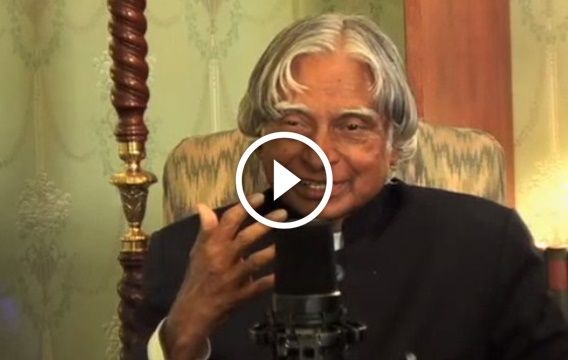Failure is a strong word. Few corporate managers would readily admit that their innovation programs have not succeeded. An honest assessment, however, would reveal that in many companies, innovation succeeds only on sporadic occasions. In too many cases, innovation is nothing more than a management buzzword or slogan; no results are ever achieved.
It does no good to crib about the lack of results from corporate innovation programs. It makes much more sense to study the causes of failure and to take corrective action.
In my view, there are only two basic reasons why corporate innovation fails: not enough commitment and not enough use of best practices.
The Causes of Corporate Innovation Failure
Managed innovation is designed to produce effective solutions as quickly and inexpensively as possible. At the same time, managed innovation is not free of cost, and it does take time. When management does not devote enough resources to innovation, results will suffer.
Resources come in two forms, human and financial. Human resources are by far the most important. Employees must be assigned to innovate and then given the time to complete the task. Failure occurs when managers refuse to release their employees to work on innovation.
Funding during a world-class innovation initiative may be required for consulting services, field research, and experiments. I have met managers who were reluctant to spend Rs.50,000 to test a solution that had the potential to produce 20 crores in revenue. The company saved Rs.50,000, but it had no other solution in hand with the potential to generate that much revenue.
Best practices are also essential for innovation success. We offer a variety of tools and methods for each of the three steps in the process: Discover, Invent, Refine.
Tension sometimes occurs between the new methods we introduce and the old ways of doing business. For instance, one team did fantastic work on the first two steps under our guidance. They identified an unfilled need and invented a solution to meet the need.
However, during the Refinement step, they decided not to use the method and tools that we recommend, and they went forward based on their existing product development process. After more than six months and considerable expense, they still had not refined the new product to the point where they could sell it.
APJ Abdul Kalam:"A Leader Should Know How to Manage Failure"
Avul Pakir Jainulabdeen "A. P. J." Abdul Kalam was the 11th President of India from 2002 to 2007. A career scientist turned politician, Kalam was born and raised in Rameswaram, Tamil Nadu, and studied physics and aerospace engineering.
Click here to watch this video

http://www.nidokidos.org/threads/246141
Posted by: Lakshminarayanan <adayaranumon@gmail.com>
| Reply via web post | • | Reply to sender | • | Reply to group | • | Start a New Topic | • | Messages in this topic (1) |
NidokidoS Group for best of forwarded mails
To join us , send an email to
nidokidos-subscribe@yahoogroups.com
Be the part of Nidokidos , Join our Forum
http://www.nidokidos.org
to share your emails with us, send them at
nidokidos@yahoogroups.com
===================================================
No comments:
Post a Comment